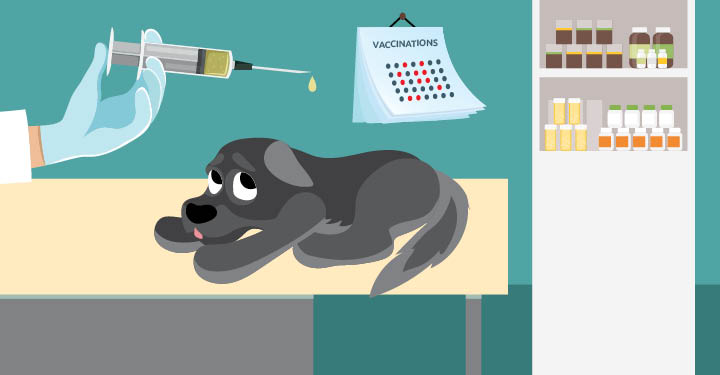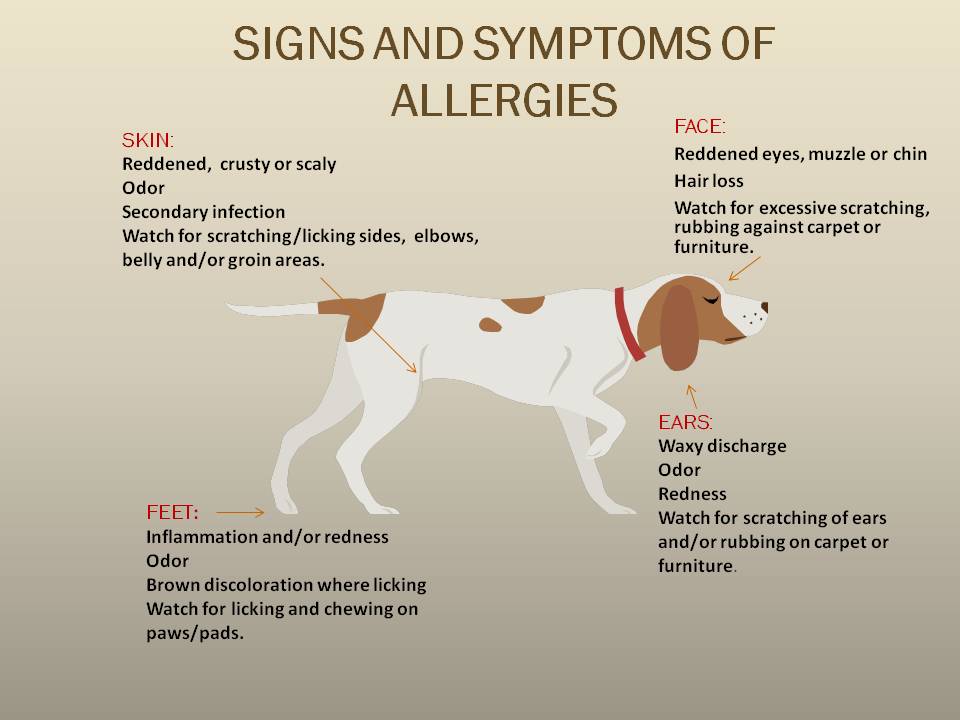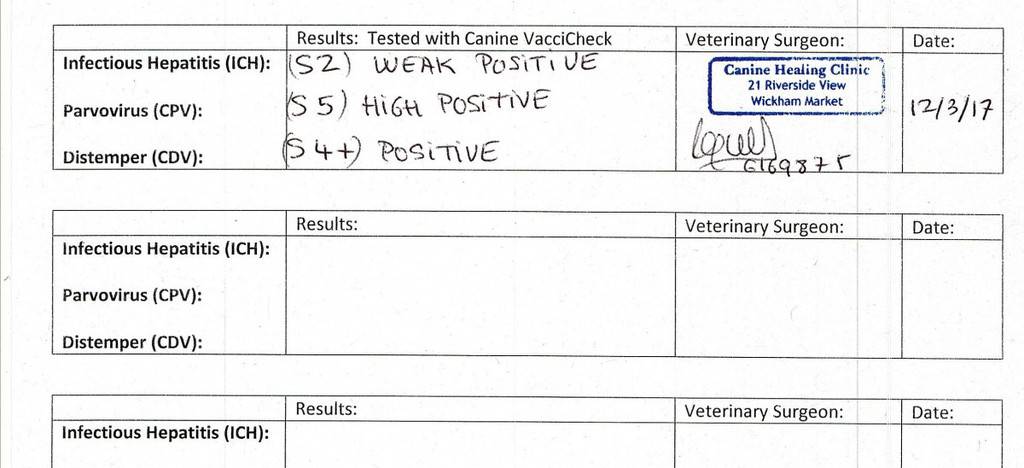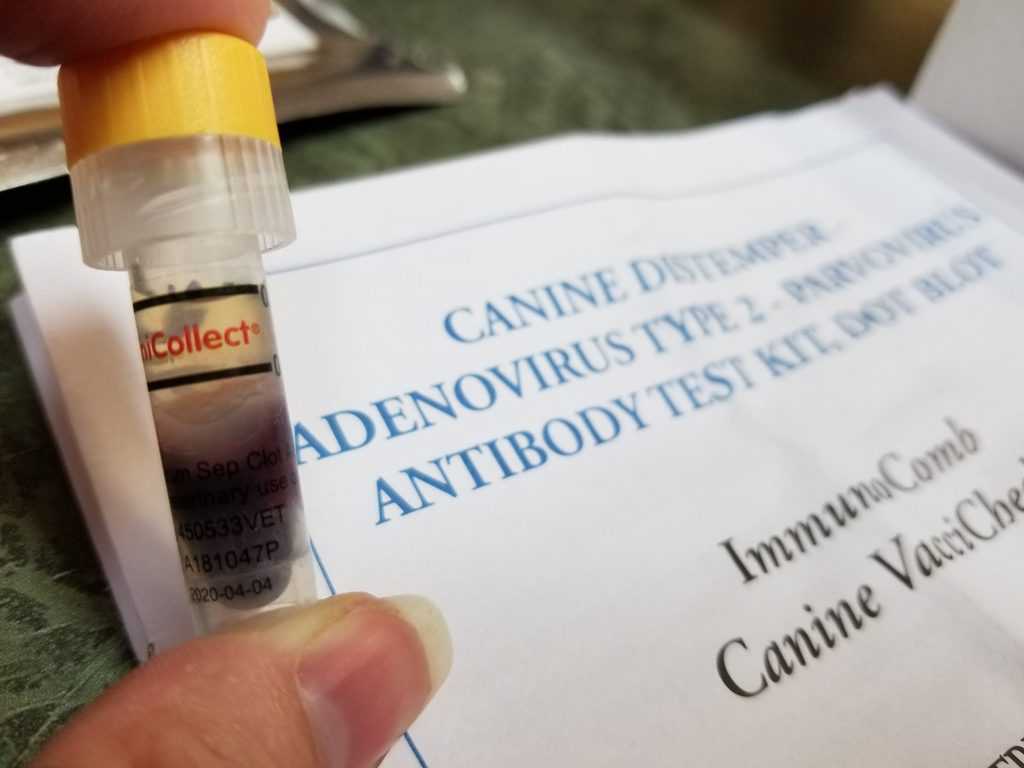There’s been a great deal of controversy in recent years over the benefits and risks of vaccinations. When, whether and how often they should be administered is still hotly debated by doctors and veterinarians. When it comes to pets’ health, however, there is a simple way to avoid over-vaccinating, and that’s a titer test – a blood test that checks for vaccine antibodies.

Why Titer Test?
Vaccination is a cornerstone of modern veterinary medicine, administered at every puppy or kitten’s first check-up, and reinforced with annual booster shots. Despite the many benefits of vaccines, however, there is some concern that they are overused today.
Jean Dodds, DVM, one of the foremost authorities on canine vaccinations, believes that most dogs retain immunity for many years after a shot is first given, and that vaccines can have serious health- and life-threatening side effects that should be avoided as much as possible.

The risks and side effects of vaccines may include:
- arthritis
- seizures
- allergies

- thyroid disorders
- cancer
- autoimmune disease and other chronic conditions
If it’s possible to spare a beloved pet these risks (and save money to boot) then it makes sense to vaccinate less often – so long as the pet’s immunity is protected. But how can a dog or cat owner know whether their pet needs a booster shot? Titer tests exist to answer that question.

How Does a Titer Test Work?
A titer test is a blood test that examines the immune response to a given antibody. It’s possible to determine whether a cat, dog or other pet has immunity by doing a simple blood titer test that takes as little as 15 minutes.
Titer antibody tests can’t differentiate between “natural” immunity gained by exposure to a virus, and vaccination immunity from a shot. But they can tell a concerned owner whether or not their pet needs a booster – and in many cases, dogs and cats won’t need to be re-vaccinated for many years after they first receive a shot.

What’s more, dogs don’t need to be checked for every virus and vaccine. In most cases, titer testing for canine parvovirus and canine distemper virus gives a picture of the dog’s overall immune health. If immunity to these two diseases is present, it’s safe to assume that other antibodies would show a high titer as well.
Pitfalls of Titer Antibody Testing
According to Dr. Janet Crosby, DVM, titer testing has one major flaw: it examines only blood or “humoral immunity” but does not take into account cell-mediated immunity or the effect of the “memory cells” that play a key role in the immune system.

As a result, a titer test may show no or low immunity to a virus when, in fact, the pet’s immune system is able to combat it thanks to a previous exposure or vaccination.
So while positive titer testing can be very useful to show when a pet does not need a vaccine repeated, the test will sometimes yield a low titer even if a booster shot is not really needed. It’s not a perfect test, but still a useful one worth discussing with a vet if your animal may be coming up for a booster shot.



















